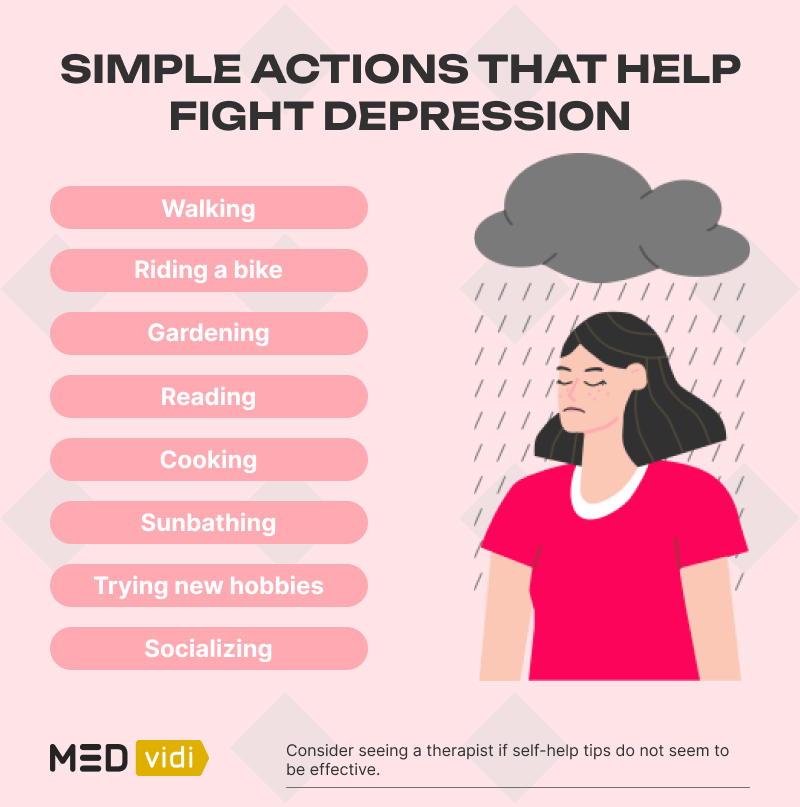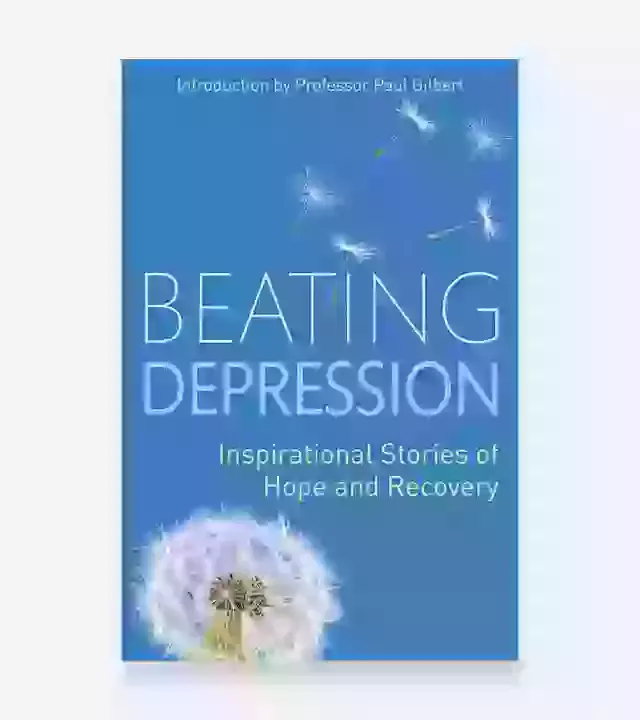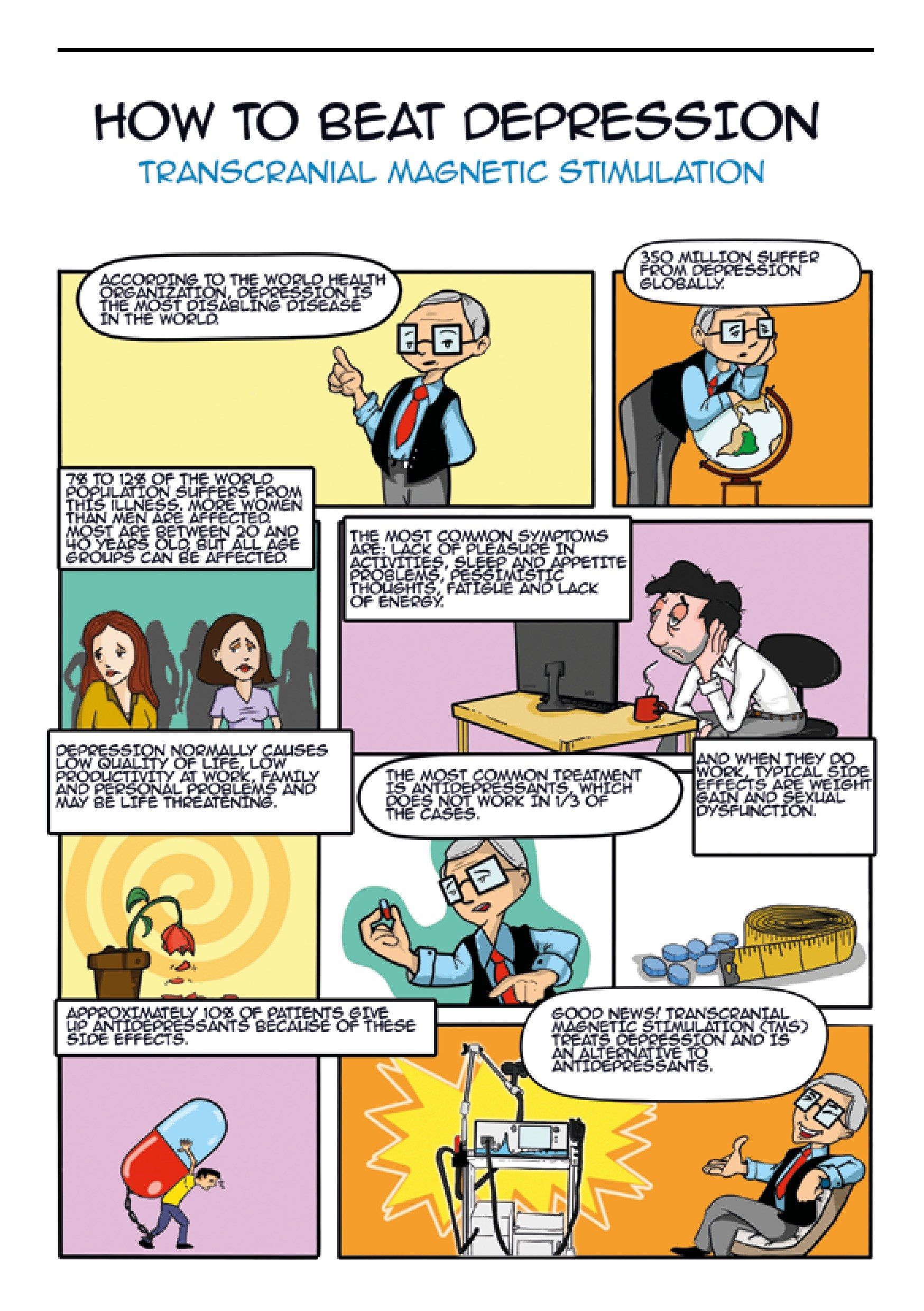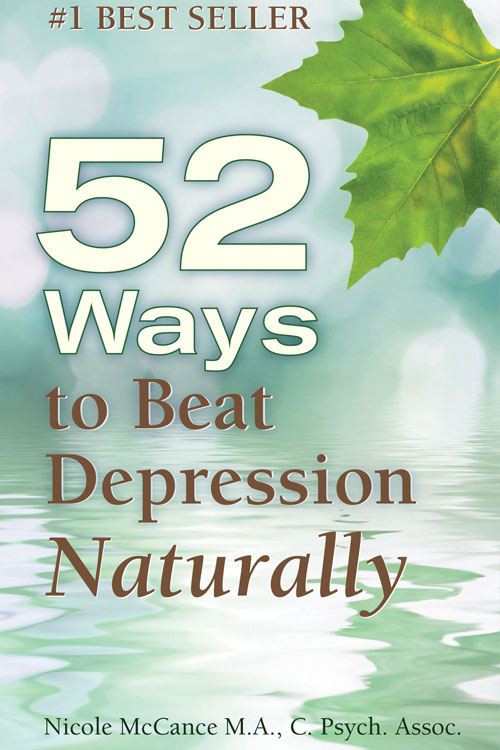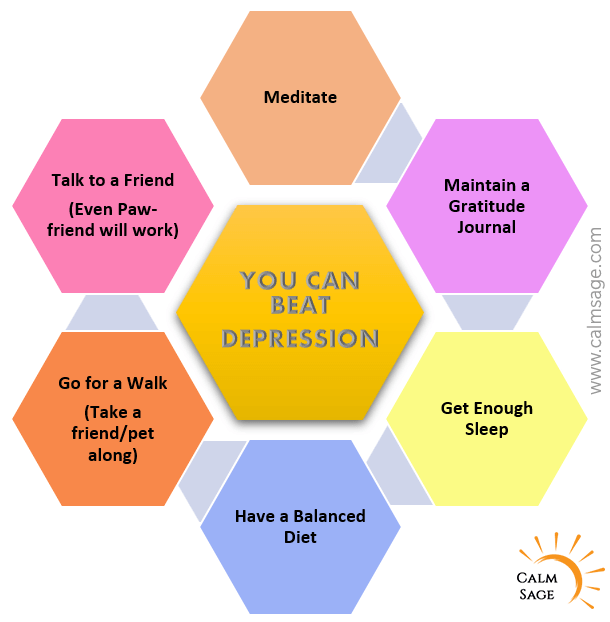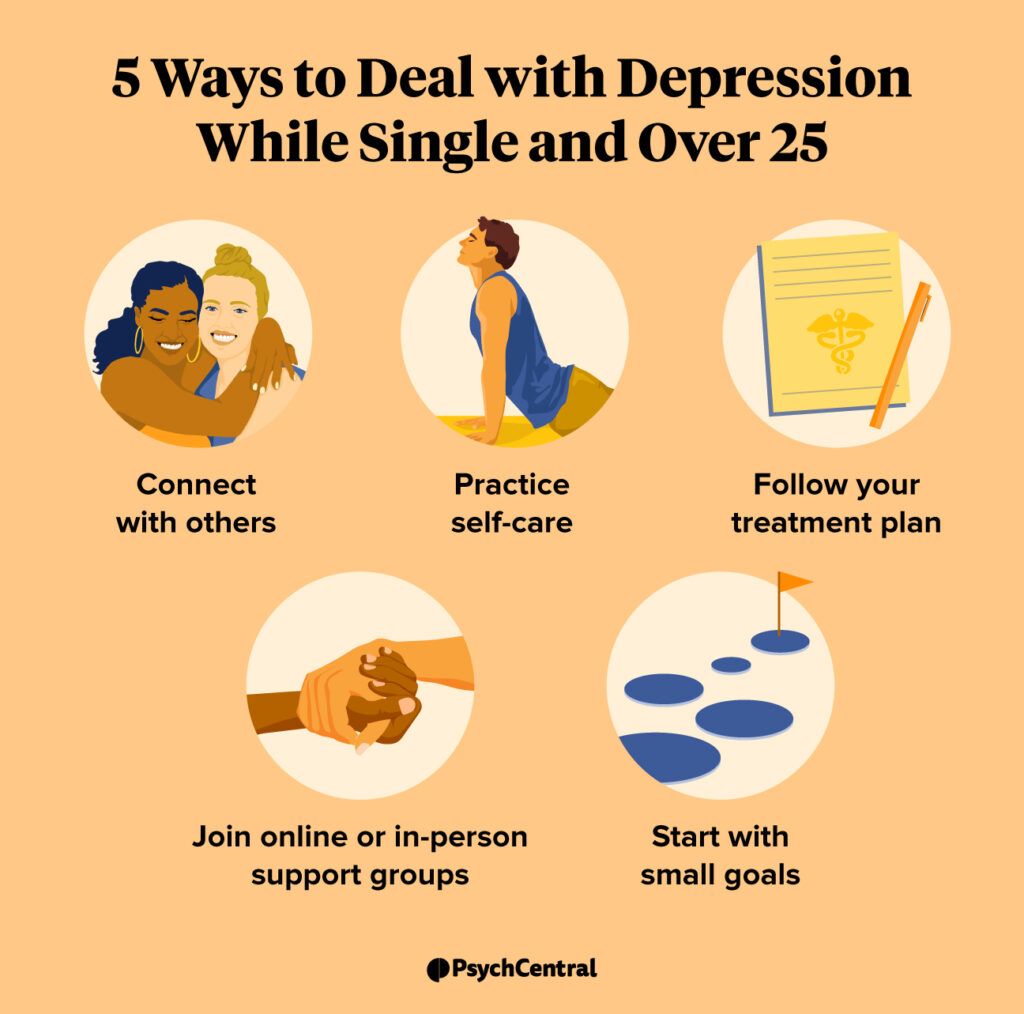How To Beat Depression By Yourself
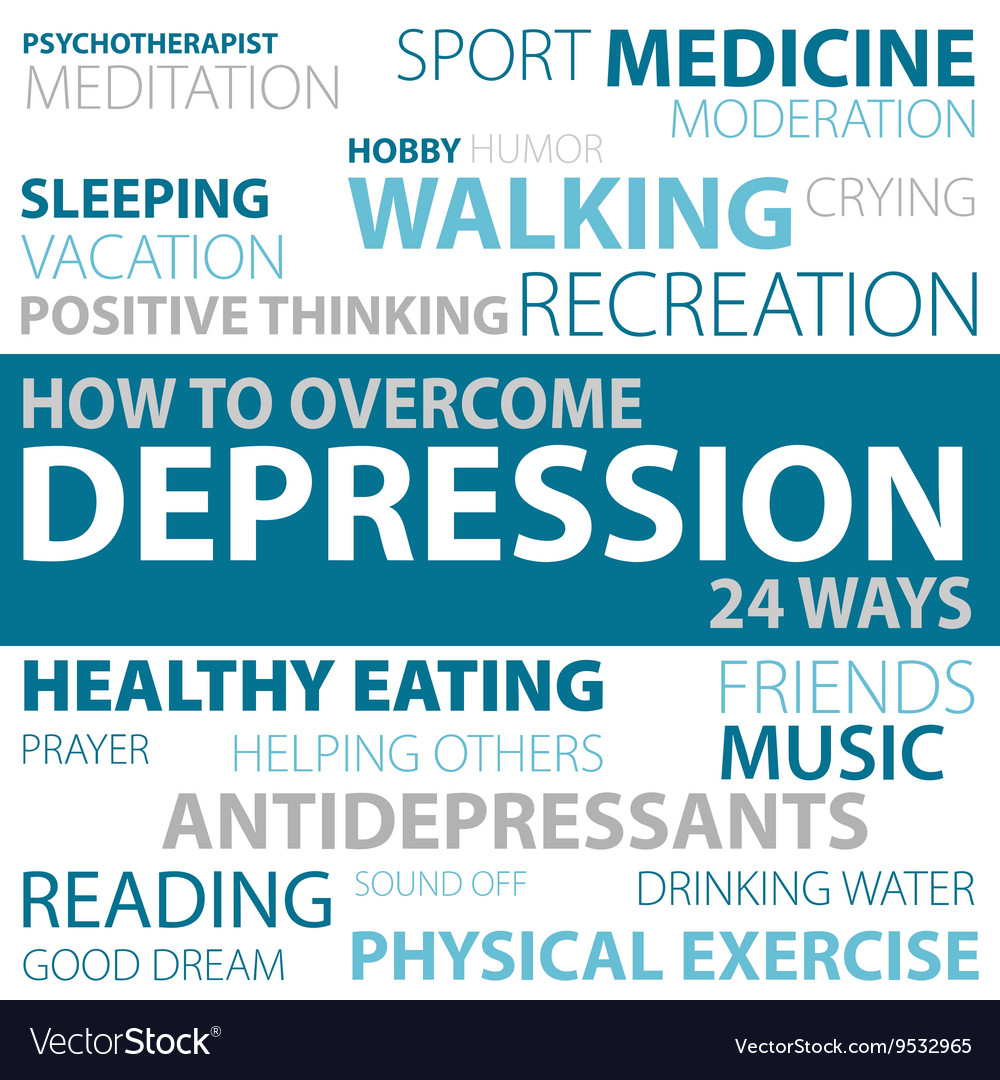
Depression, a pervasive and debilitating mental health condition, affects millions worldwide. While professional help is crucial, understanding how to manage depressive symptoms independently can be empowering and significantly improve quality of life. Learning effective self-management strategies offers a lifeline during challenging times, complementing therapy and medication when needed.
This article delves into evidence-based techniques individuals can use to mitigate the effects of depression. It explores practical steps for fostering well-being, emphasizing that self-help is not a replacement for professional care, but rather a valuable tool for improving mental health resilience. The guidance provided aims to offer a structured approach to self-management, promoting a sense of agency and hope for those grappling with depressive symptoms.
Understanding the Basics
Before diving into strategies, it's crucial to understand what depression entails. The National Institute of Mental Health (NIMH) defines depression as a common but serious mood disorder. It causes severe symptoms that affect how you feel, think, and handle daily activities, such as sleeping, eating, or working.
Recognizing the signs – persistent sadness, loss of interest, fatigue, sleep disturbances, and changes in appetite – is the first step towards managing it. Self-assessment tools available online can help gauge the severity of your symptoms, but a formal diagnosis requires a healthcare professional's evaluation.
Lifestyle Adjustments: The Foundation of Self-Care
Lifestyle changes play a fundamental role in combating depression. Establishing a consistent routine provides structure and predictability, combating the sense of chaos often associated with depressive episodes. Prioritizing sleep, even when feeling unmotivated, is critical.
Aim for 7-9 hours of quality sleep per night, as sleep deprivation can exacerbate depressive symptoms. Regular physical activity, even moderate exercise like walking, releases endorphins, which have mood-boosting effects.
Diet also plays a significant role. A balanced diet rich in fruits, vegetables, and whole grains supports brain function and overall well-being. Consider limiting processed foods, sugary drinks, and excessive caffeine, which can negatively impact mood and energy levels.
Cognitive Techniques: Reframing Negative Thoughts
Depression often distorts thinking patterns, leading to negative and self-critical thoughts. Cognitive Behavioral Therapy (CBT) techniques, adapted for self-help, can help challenge and reframe these thought patterns. Identify negative thoughts and question their validity.
Ask yourself if there is evidence to support or refute the thought. Replace negative thoughts with more balanced and realistic ones. Keeping a thought journal can be a helpful tool for tracking and analyzing these patterns.
Mindfulness practices, such as meditation and deep breathing exercises, can also promote a more balanced perspective. Mindfulness helps you focus on the present moment, reducing rumination and anxiety.
Building a Support System: Reaching Out and Connecting
While this article focuses on self-help, it's crucial to acknowledge the importance of social support. Isolation can worsen depressive symptoms, so proactively reaching out to friends and family is essential. The Anxiety & Depression Association of America (ADAA) emphasizes the value of human connection in mental health recovery.
Engage in activities that you enjoy, even if you don't feel like it. Join a support group, either online or in person, to connect with others who understand what you're going through. Volunteering can also provide a sense of purpose and connection, shifting focus away from internal struggles.
Setting Realistic Goals and Practicing Self-Compassion
Depression can make it difficult to accomplish tasks, leading to feelings of inadequacy and guilt. Setting small, achievable goals can help build momentum and restore a sense of accomplishment. Break down larger tasks into smaller, more manageable steps.
Celebrate small victories and acknowledge your progress, no matter how small it may seem. Practice self-compassion, treating yourself with the same kindness and understanding you would offer to a friend. Acknowledge your struggles without self-judgment.
When to Seek Professional Help
Self-help strategies can be incredibly beneficial, but they are not a substitute for professional treatment. If your symptoms are severe, persistent, or interfering significantly with your daily life, seek help from a qualified mental health professional.
Signs that you may need professional help include suicidal thoughts, feelings of hopelessness, difficulty functioning at work or school, and persistent sleep or appetite disturbances. A doctor can provide a proper diagnosis and recommend appropriate treatment options, such as therapy, medication, or a combination of both.
The Substance Abuse and Mental Health Services Administration (SAMHSA) offers a national helpline to connect individuals with mental health services in their area. Remember, seeking help is a sign of strength, not weakness.
Looking Ahead: A Path Towards Resilience
Managing depression is an ongoing process, not a one-time fix. It requires patience, persistence, and a commitment to self-care. By incorporating these strategies into your daily life, you can build resilience and improve your mental well-being.
Continue to learn about depression and explore different self-help techniques. Track your progress and adjust your strategies as needed. Remember that recovery is possible, and you are not alone.
While individual approaches may vary, empowering yourself with knowledge and practical strategies is a vital step towards overcoming depression. By prioritizing self-care, challenging negative thoughts, and building a strong support system, you can pave the way for a brighter and more fulfilling future.
